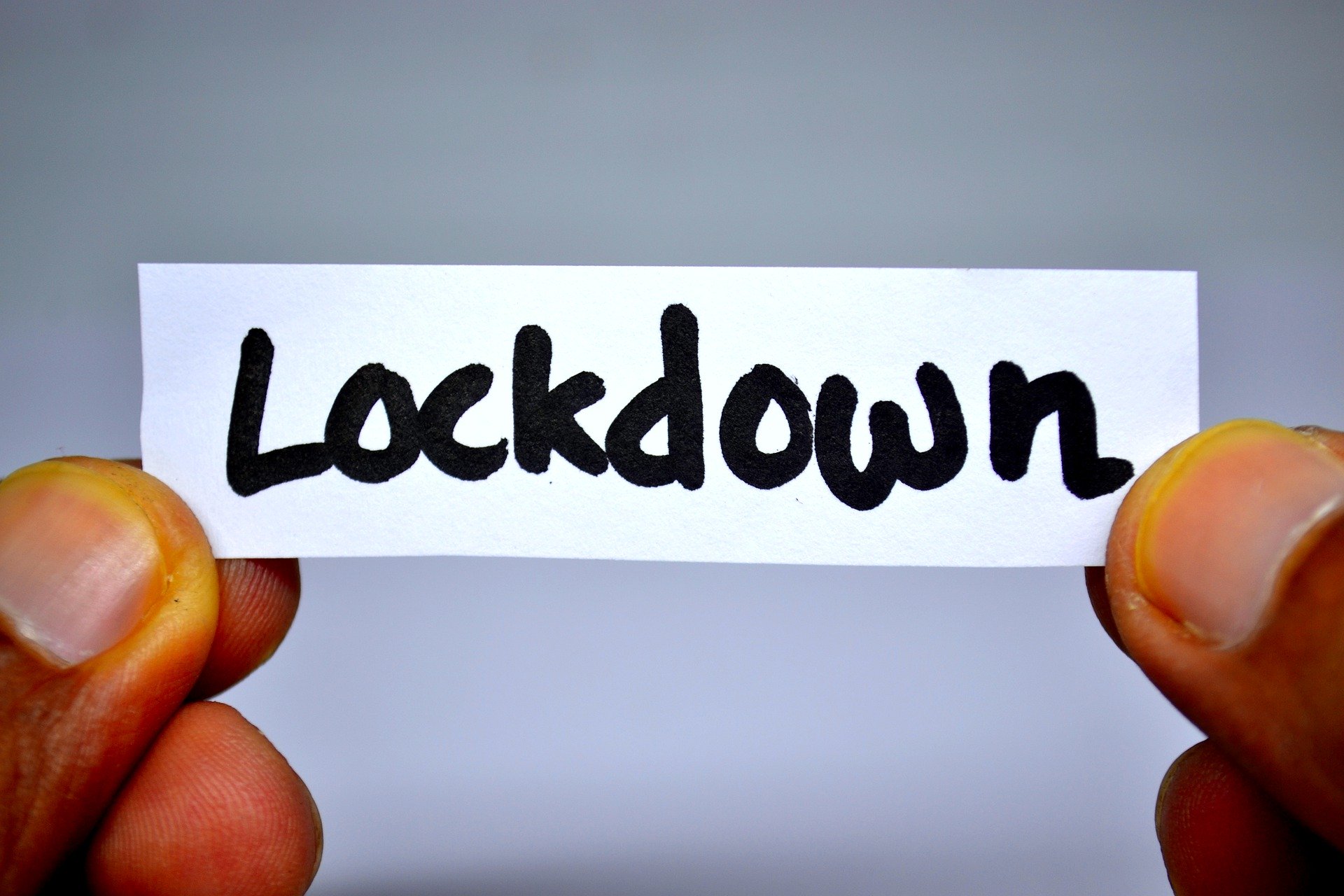I took part in a webinar recently and during the Q&A section I was asked about coping with Asperger’s during lockdown?
The person explained that the social distancing worked for them as it reduced unwanted interaction…or so they thought. What they had not been prepared for was the shift in society’s attitude. Now, when out walking or doing a food shop, complete strangers say hello, and are keen to converse. It’s probably a result of cabin fever but it can be positive for some and negative for others who struggle with this kind of interaction.
Also, work colleagues and friends were keeping in touch on Whatsapp and by text, leading to them feeling overwhelmed. However, they didn’t want to upset people by asking for less contact.
This got me thinking, what advice can we give to the neurodiverse and their work colleagues regarding working from home?
Stay in touch
As humans we are pack animals and we need social interaction. The neurodiverse need this too, but it needs to be on their terms. When you are reaching out to someone ask if, how and when they want to be contacted. It could be that phone calls are too intrusive and a text or email is better. Or first thing in the morning could be difficult, so call later in the day. If in doubt do just ask.
Listen
If someone is struggling ask what the problem is and then listen to their explanation. Don’t start jumping in with solutions until you hear everything. It might well be something really simple like they need to find a quieter spot to work or it might go deeper than that. Keep in mind that during lockdown depression and anxiety are rife and can be co-occurring issues for the neurodiverse. So listening may help you pick upon other influencing factors.
During this time of lockdown we need to listen out for signs of distress even from the strongest of people. It is having an impact across the board.
Routine
When working from home it is important to have a routine otherwise discipline can go out the window. Plus, a routine gives structure to the day and helps to stop that feeling of all days merging together. Some divergences need routine so establishing one will reduce stress and anxiety. Build breaks into your routine too, this will break the day down into manageable chunks.
Exercise
Getting outside (preferably) for some exercise is essential. It is especially important for anyone with ADHD so they can burn off excess energy. The outside world reconnects us with nature and movement is good for mental health too.
Fake News
Don’t let the news agenda overload your thoughts. There is so much speculation on social media sites and most of the time it is just generated by keyboard warriors. Make sure your news is coming from a true source of genuine information. Reduce your exposure and learn your trigger dose that leads to anxiousness. I recommend only looking at websites like the NHS or WHO. Everything else is just noise.
Music
Music has many beneficial effects. It can calm, sooth and help with concentration. It also helps regulate our nervous system, which is the source of our fight or flight instinct that triggers stress. Music is a powerful ally at a time like this and it is simply good for the soul.
Sound
Sound can be calming, from online sound bathing to sounds of nature. Try experimenting with these to find what calms your nervous system. It is our nervous system which instigates our fight or flight mode leaving us to feeling stressed.
For more help with neurodiversity in lockdown please visit https://www.neurocyber.uk/. This website is aimed at improving careers for those with a neurodiversity and is a great source of advice.


